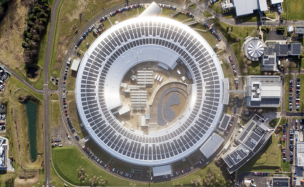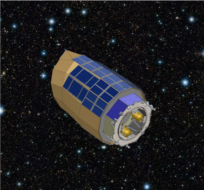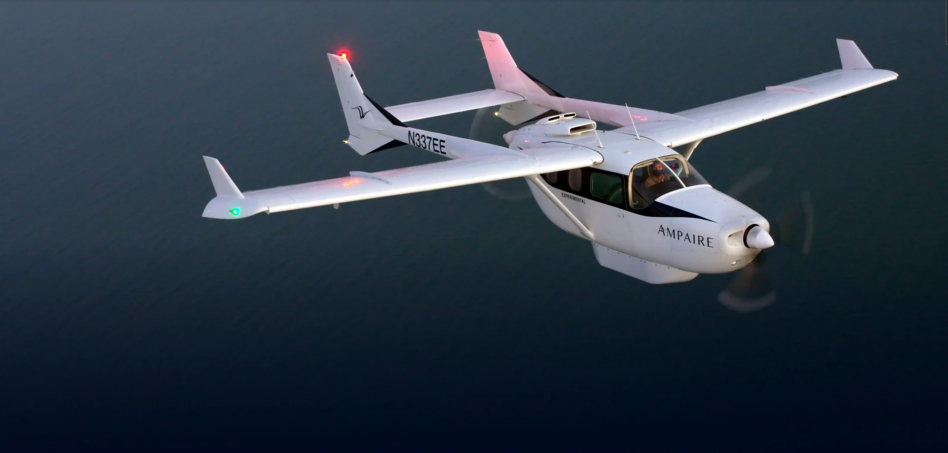Wait your turn, room-temp superconductor. We’re still not finished with the AI craze.
NASA and IBM launched their open-source geospatial foundation model on the AI platform Hugging Face, the team announced yesterday. The model leverages NASA’s vast inventory of satellite data to provide insight and modeling on the impacts of climate change.
“We believe that foundation models have the potential to change the way observational data is analyzed and help us to better understand our planet,” said Kevin Murphy, NASA’s chief science data officer.
Leveraging NASA’s Data Treasure Trove
NASA has one of the largest collections of EO data in the world. The agency estimates that by 2024, scientists will have a stunning 250,000 terabytes of data to sift through.
Enter machine learning: IBM took NASA’s Harmonized Landsat-Sentinel-2 data set and used adaptive AI capabilities to train the geospatial foundation model.
- The model has already demonstrated a 15% improvement in flood and burn mapping compared to existing models.
- Other use cases include deforestation tracking, greenhouse gas monitoring, and agriculture management.
Hugging Face 🤗: If you couldn’t tell by their logo, Hugging Face is a come-one, come-all AI community that stores and distributes open machine learning models. NASA and IBM chose the platform to maximize usage and promote the democratization of data.
The project supports NASA’s Open-Source Science Initiative, which promises to openly share software, data, and knowledge early in the scientific process.





